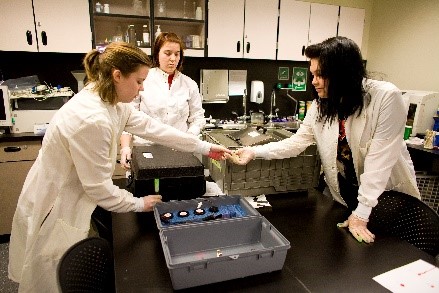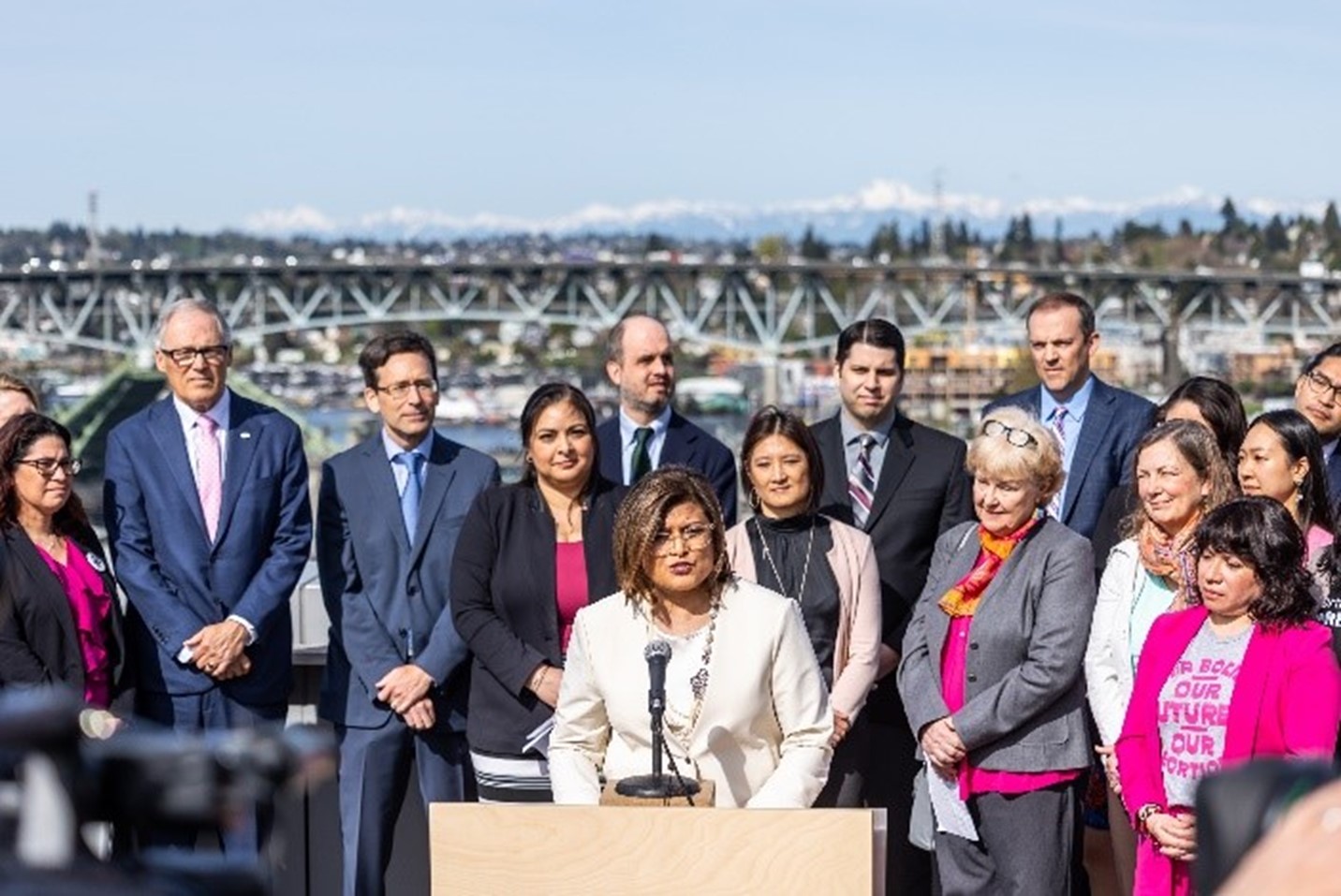Dear neighbors,
I hope you and your family have been staying safe and cool as our PNW summers get warmer. Next month, I’ll be kicking off a series of community conversations that are intended to be small groups discussions for you to stop by and talk about the issues that are important to you.

The first event will be Wednesday, August 9th, from 6-7 PM at the Redmond Town Center Starbucks (7423 166th Ave NE, Redmond, WA 98052). Later next month, I will be hosting a follow up event on Wednesday, August 23rd, from 6-7 PM at Woods Coffee in Bellevue (625 116th Ave NE, Bellevue WA, 98004). I hope to see you there and that you find this newsletter informative and useful!
U.S. Supreme Court Ruling on Higher Education
At the end of June, the U.S. Supreme Court struck down affirmative action protections in college admissions and the U.S. Department of Education’s plan to forgive student loan debt. Sen. Emily Randall and I, as chairs of the Senate and House Higher Education Committees, issued a joint statement earlier this month discussing how the Washington state legislature has been making important strides to improve the accessibility and affordability of higher education as well as vocation training in recent years. I encourage you to read it along with the great work we’ve accomplished in regard to workforce development!
The Workforce of Tomorrow
 As Chair of the Post-Secondary Education and Workforce Development Committee, I can positively share that the work we’ve done has made education more attainable for all Washingtonians. Providing a path out of poverty, supporting student basic needs and financial aid, and directing students toward in demand careers is a formula for success.
As Chair of the Post-Secondary Education and Workforce Development Committee, I can positively share that the work we’ve done has made education more attainable for all Washingtonians. Providing a path out of poverty, supporting student basic needs and financial aid, and directing students toward in demand careers is a formula for success.
We’ve reduced workforce shortages and made higher education and vocational training more attainable by streamlining licensing requirements for military spouses (HB 1009), behavioral health care professionals (HB 1724, HB 1503), nurses, dental hygienists (HB 1287), forensic pathologists (SB 5523), and apprentices (HB 1050). We expanded the workforce pipeline by creating more educational opportunities with college in the high school programs (SB 5048), expanding applied doctoral degrees to regional universities (HB 1030), increasing financial aid opportunities for students (HB 1289, HB 1763, HB 1823, SB 5702), and providing childcare for those in apprenticeship training (HB 1525).
 The ambitious and bold solutions for Washington such as a green and resilient economy and economic stability for all hinge on data that tells us where occupational gaps exists statewide, so taxpayers and your legislature can understand where to direct future funding and build out the workforce of tomorrow (HB 1684). This bill and others provide occupational data to help with those decisions. Ultimately, we’re on our way to building a workforce that uplifts all communities.
The ambitious and bold solutions for Washington such as a green and resilient economy and economic stability for all hinge on data that tells us where occupational gaps exists statewide, so taxpayers and your legislature can understand where to direct future funding and build out the workforce of tomorrow (HB 1684). This bill and others provide occupational data to help with those decisions. Ultimately, we’re on our way to building a workforce that uplifts all communities.
The State of Reproductive Health

June 24th marked the one-year anniversary of the Dobbs decision. When the U.S. Supreme Court overturned abortion protections, Washington stepped up to strengthen abortion protections. One bill, I’m particularly proud to have introduced and passed is House Bill 1155, the My Health, My Data Act. This first in the nation law protects the privacy of our healthcare decisions. It addresses vulnerabilities in the technological era that are being used to target and exploit consumers who may not be aware of the vast amount of data from apps, searches, and websites that our watches and phones collect. While companies have more time to implement most of this bill, the geofencing provision went into effect on July 23, 2023 – this provides privacy for Washingtonian’s in-person health care location data.
We also passed legislation to protect those who provide reproductive care (HB 1469), allow the state to distribute mifepristone (HB 1854), and eliminated co-pays and deductible requirements for abortion care (SB 5242). In this year’s operating budget, funding has been secured for emergency contraception vending machines at community colleges and universities, with an additional $24 million provided for reproductive health services. Looking ahead, we must remain vigilant in responding to attacks on the fundamental right to bodily autonomy and enshrine this right within our state’s constitution.
WA Cares!
70% of Washingtonians will eventually need long-term services and supports – help with activities of daily living like bathing, eating, and taking medications. Long-term care can be expensive. Most of it is not covered by Medicare or health insurance, and Medicaid only covers it after you’ve spent your life savings down to $2,000. WA Cares Fund provides working Washingtonians a way to earn access to long-term care benefits that will be available when they need it. It won’t cover the full extent of needs for some people, but it will provide breathing room during life’s most challenging care stages.
Workers begin contributing to WA Cares on July 1, 2023, and benefits become available July 1, 2026. In order to use your benefit, you must meet a contribution requirement as well as a care need requirement. You can learn more about the program and what it will cover here, as well as review a very helpful document that answers the most common questions asked about the program here.
Stay In Touch
Our district is fortunate to have engaged citizens who actively participate in the public process. Please continue to stay in touch by following my facebook page or by sending me an email. Thanks for all you do!
In Service,

State Representative Vandana Slatter

